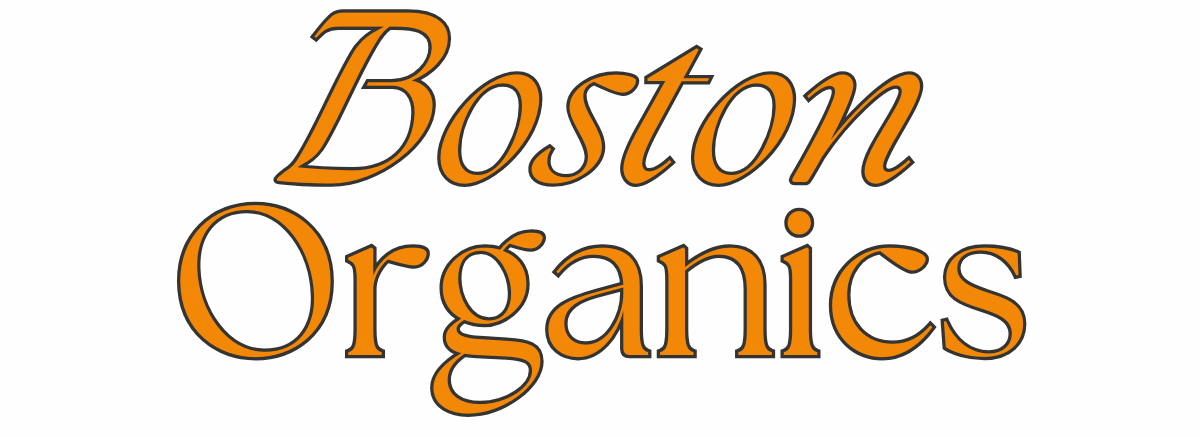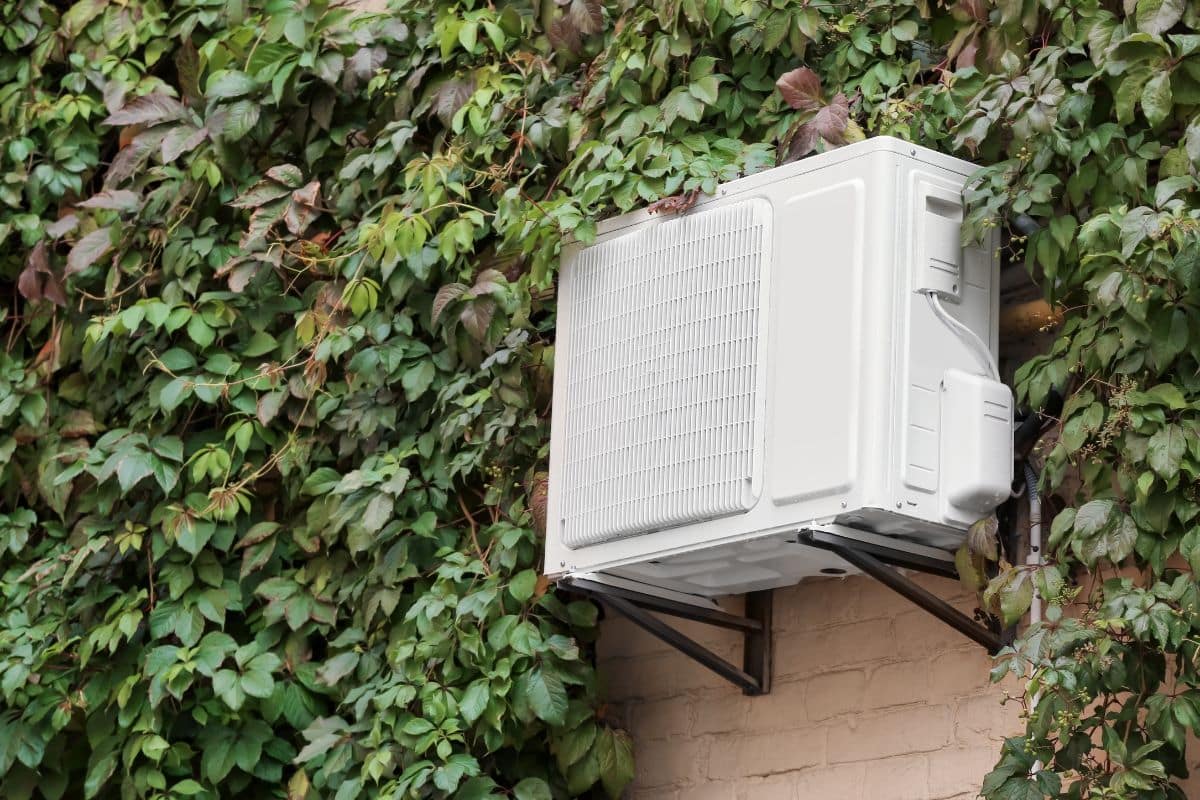Heat pumps represent a significant investment for homeowners seeking efficient heating and cooling solutions. Understanding their expected lifespan helps make informed decisions about installation and maintenance strategies. Modern heat pump systems typically operate effectively for 15 to 25 years, depending on various factors including technology type, environmental conditions, and care quality.
The longevity of these systems varies considerably based on their design and installation environment. Geothermal heat pumps generally outlast their air-source counterparts due to their protected underground components. Meanwhile, air-to-air and air-to-water models face greater exposure to weather variations, potentially affecting their operational lifespan.
Understanding different heat pump technologies and their expected lifespan
Geothermal heat pump systems demonstrate exceptional durability, often functioning reliably for two decades or more. Their underground installation protects critical components from harsh weather conditions, reducing mechanical stress and thermal cycling. The stable soil temperature provides consistent operating conditions, minimizing wear on compressors and other vital parts.
These systems benefit from their isolated environment, where temperature fluctuations remain minimal throughout seasons. Professional installation plays a crucial role in maximizing longevity, ensuring proper sizing and correct placement of ground loops. Regular inspection of geothermal probes prevents blockages and damage that could compromise system efficiency.
Air-source heat pumps, including both air-to-air and air-to-water variants, typically operate effectively for 15 to 20 years. Their exposure to external climate conditions subjects components to greater stress cycles. Temperature extremes force these units to work harder during peak seasons, potentially accelerating component degradation.
Air-to-water systems require particular attention to their hydraulic components, as scale buildup and corrosion present ongoing challenges. Preventive fluid treatment helps maintain optimal pressure levels and prevents costly repairs. Electronic control systems also need regular inspection to avoid unexpected shutdowns and maintain consistent performance.
Key factors that influence heat pump durability
Climate conditions significantly impact system longevity, particularly for air-source models. Regions experiencing extreme temperature variations force heat pumps through frequent operational cycles, increasing component wear. Coastal environments present additional challenges through salt air exposure, potentially corroding metal components and reducing lifespan.
Installation quality remains paramount in determining system durability. Properly sized equipment operates more efficiently and experiences less stress than oversized or undersized units. Professional installation ensures compliance with manufacturer specifications and local building codes, preventing premature failures and warranty voidance.
Usage patterns also affect longevity significantly. Systems running continuously at moderate loads typically last longer than those experiencing frequent start-stop cycles. Home insulation quality directly influences system workload, with well-insulated properties reducing operational stress on heat pump components.
Component quality varies between manufacturers and price points. Premium systems often incorporate more durable materials and advanced technologies that extend operational life. Inverter-driven compressors, for example, operate more smoothly than traditional fixed-speed models, reducing mechanical stress and improving longevity.
Essential maintenance practices for extending system life
Regular professional maintenance represents the most effective strategy for maximizing heat pump lifespan. Annual service visits allow technicians to identify potential issues before they become costly failures. These inspections typically include refrigerant level checks, electrical connection testing, and performance evaluation.
Homeowners can perform several maintenance tasks to support system longevity :
- Clean or replace air filters monthly during peak usage seasons
- Keep outdoor units clear of debris, vegetation, and snow accumulation
- Monitor system performance for unusual noises or efficiency changes
- Ensure adequate airflow around both indoor and outdoor components
- Schedule professional refrigerant leak detection annually
Filter maintenance proves particularly critical for air-source systems, as dirty filters restrict airflow and force components to work harder. Outdoor unit cleanliness prevents efficiency loss and reduces strain on fan motors and heat exchangers.
Performance monitoring helps identify declining efficiency before major failures occur. Smart thermostat integration can provide detailed usage data and alert homeowners to potential problems. Unusual energy consumption patterns often indicate developing issues that warrant professional attention.
Maximizing investment value through proper system care
Recognizing early warning signs prevents minor issues from becoming major repairs. Decreased heating efficiency often indicates refrigerant leaks or compressor problems requiring immediate attention. Unusual noises, including grinding or squealing sounds, suggest bearing wear or motor issues that need professional diagnosis.
Ice buildup on outdoor coils during winter operation may indicate defrost cycle malfunctions or low refrigerant levels. Frequent cycling between heating and cooling modes can signal thermostat problems or system sizing issues that affect longevity.
Professional consultation becomes essential when planning home renovations or additions that might affect system capacity requirements. Load calculations ensure existing equipment can handle modified heating and cooling demands without excessive strain.
Energy efficiency improvements, such as enhanced insulation or window upgrades, reduce system workload and extend operational life. These modifications allow heat pumps to operate in their optimal efficiency range more frequently, reducing wear and energy consumption simultaneously.
Environmental benefits compound over extended system lifespans, as longer-lasting equipment reduces manufacturing demand and waste generation. Proper maintenance ensures optimal efficiency throughout the system’s life, maximizing both economic and environmental returns on the initial investment.

